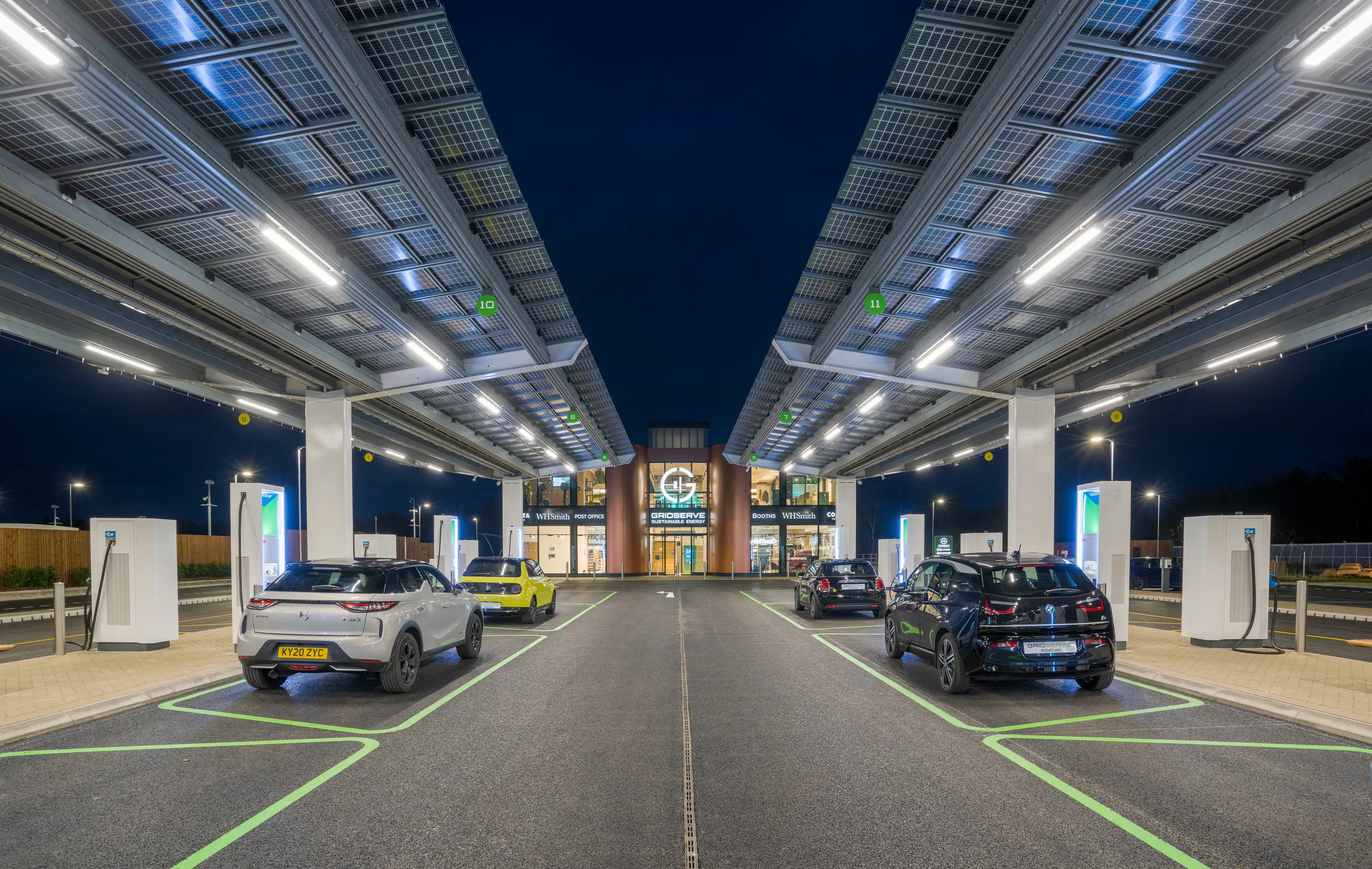
As the Cop27 climate change conference draws to a close this week, a new initiative seeks to push shared mobility to the fore.
“We are at a critical tipping point where the transportation needs of our world can be met with a growing shared mobility industry,” said Benjamin de la Peña, CEO of the Shared-Use Mobility Center, which is convening the Shared Mobility 2030 Action Agenda.
More than 50 public, private and non-profit organisations have signed up to the agenda, which "holds its members accountable to a to-do list of actions that will accelerate and steer the shared mobility marketplace to its full potential".
Members are asked to set "achievable goals" for themselves in line with the Action Agenda’s rationale to make shared mobility the "first and best option over owning a car by 2030". Progress will be tracked and "as members meet or fall short of their goals, lessons learned will be formalised in a yearly report that recommends improvements to the Action Agenda to increase its effectiveness".
However, the United Nations Technology Executive Committee and the Climate Technology Centre and Network report for Cop27 does not think the sector will have a major impact, saying that “the activities and performance of the shared mobility is likely to play a minor role in deep decarbonisation.”
“Global climate leaders continue to underestimate, underfund and undervalue shared mobility, which has the greatest potential to provide cleaner, more accessible, more equitable transportation options to more people than any other single clean transportation solution," de la Peña continues.
"In the face of inaction, we’re mobilising and empowering government agencies, private companies, and non-profits to hold themselves accountable to advancing people-focused mobility that fights climate change and promotes equity.”
Several city majors have embraced the initiative.
“Shared mobility helps us connect our communities, advance our climate goals, and build a greener city for all," says Boston Mayor Michelle Wu.
“Everyone should have equal access to a better life, and affordable, safe and accessible transportation options are key to achieving that ideal,” said Memphis mayor Jim Strickland.
“People are struggling to keep up with gas price spikes and the rising cost of living. It’s our responsibility to find real solutions. We see investing in shared mobility as a means to create a healthier, more prosperous community. The Shared Mobility 2030 Action Agenda will help us achieve our goals.”
Poor access to transport negatively impacts health, employment outcomes, welfare, ability to carry out caregiving responsibilities and access to safe neighbourhoods with good schools, which perpetuates generational poverty.
“By shared mobility, we mean all the options that free us from our dependence on using our private cars for every trip we have to make. Shared mobility is the systems and infrastructure that allow us to reduce our costs and our carbon emissions by sharing rides and sharing vehicles.” de la Peña concluded.










